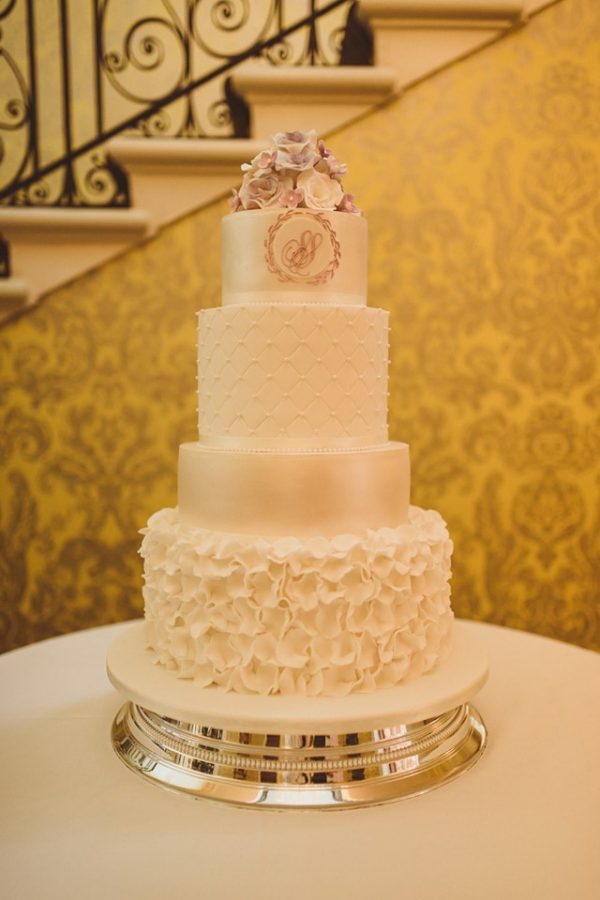Legal matters concerning marriage may not be everyone’s cup of tea. Indeed, the title possibly did not grab your attention. But you can’t marry without certain requirements being satisfied, so please read on.
Exciting news
There is every possibility that, in the course of 2021 or 2022, the law will change. If so, independent civil celebrants will be permitted to train and conduct legal ceremonies. Then you can have the ceremony of your choice and it will be legally binding.
Obviously, churches and register offices will not stop acting as marriage venue possibilities.
Incidentally, as far as legal registration is concerned, this blog only covers births, deaths and weddings. (You don’t need any paperwork to celebrate a Vow Renewal or a handfasting.)
The current situation
Births are usually registered at a hospital. For deaths, the doctor (either at home or, again, at the hospital) normally provides the death certificate, which you take to the local Register Office.
Until such time as the legislation changes, here is what you have to do at the moment for a legal wedding. It’s a little more complex.
Religious weddings
If the wedding is conducted in an Anglican church or synagogue, or according to the Quaker service, then there is normally a member of the institution present who is a registrar. They will ensure the legalities are carried out.
If you’re having a marriage anywhere else, things are different and a little more complicated!
Register Office
You need to register your intention to marry at least 28 days in advance. Then you go to the Register Office (by appointment) with two witnesses, and can get legally married. The ceremony will be totally secular and fairly standardised (so next-to-nothing to differentiate one service from the next).
The Registrars used to be able to come to you. Legislation is going to change for this too, but for now, provided the wedding venue has four solid walls and a roof (basically), the registrars could conduct the wedding for you at your venue. (This would cost several hundred pounds more than attending the Register Office.)
However, due to the Coronavirus situation, registrars are not coming out to venues at all for the foreseeable future.
Another alternative
You can have a civil celebrant-led ceremony. This lets you choose a religious (or partially-religious) or a secular ceremony. The big thing – setting this option out from the other two – is that you can have the ceremony of your dreams. Why? Because the celebrant will work with you in advance to respect and enable your vision. It’s all about personalising, rather than following a standard rubric. That means your ceremony will be unique, and can reflect your personalities and beliefs.
The downside is that the ceremony has no legal validity. So you still have to attend the Registrar-led ceremony beforehand too.
Obviously, another downside – with all these – is social distancing, and the need to severely limit your guest list.
Either way, once you’re legally married, you can have your dream ceremony, conducted by the celebrant, afterwards. To all intents and purposes, that will be your real wedding!
Hopefully, not so painful, was it? But if you have any questions, please feel free to ask me.
Photo: Matt Penberthy

